

It turns out architecture folk don't really go for junk fiction when it comes to summer reading. Karl Ove Knausgaard makes another appearance, alongside classics by Albert Camus and Frantz Fanon, as well as some more architecture-specific reads. Here's what Amale Andraos, Dora Epstein Jones, Jenna Didier, and Mimi Zeiger are reading (and listening to) this summer—and why.

The Mars Trilogy: Red Mars (1993), Green Mars (1994), and Blue Mars (1996)
by Kim Stanley Robinson
"As scarcity of resources, overpopulation and ecological disasters continue to erode life on Earth, the trilogy describes the gradual colonization and terraforming of Mars over nearly two centuries, and the utopian society that is formed. Science fiction, and especially Stanley Robinson’s writing, projects the future to possibly reshape the present. I find it quite inspiring as an architect."
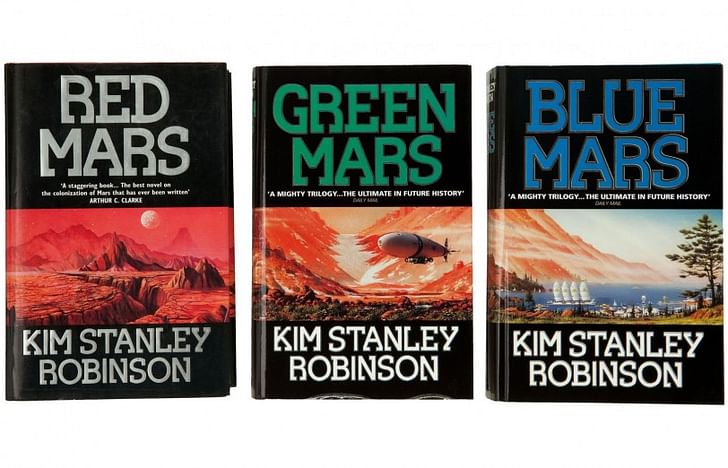

Log 37: cataLog, aka The Architectural Imagination
"This little publication is really the best outline for contemporary architectural thinking, and it's chock full of the many issues that we are facing, from environmental degradation to social and economic conflict. The work is not afraid to be poetic and aesthetic, technical and very progressive. I like that it's 'brave'—I think it's instructive."
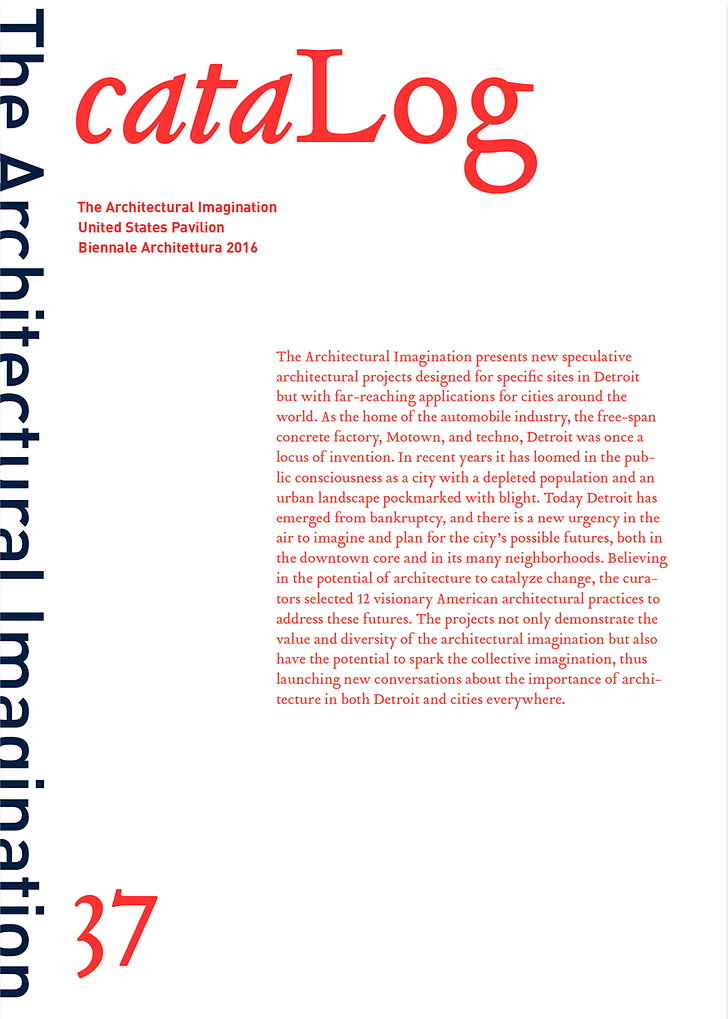
Reset Modernity!
ed. Bruno Latour
"Like cataLog, this collection is wrestling with these complex situations and experiences in which we locate ourselves today and in the near future. And, like cataLog, the approach is one of both text and exhibition. As a museum director now, I think that the alliances between work and words is essential. Reset Modernity! is more philosophical, but no less engaged at the level of medium and display."
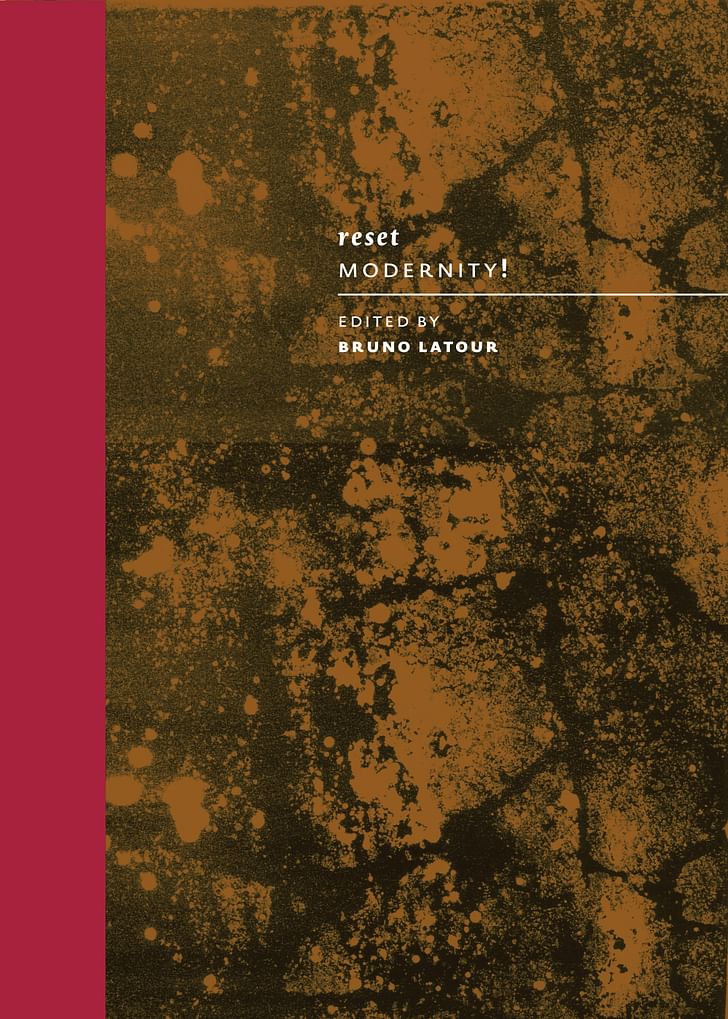
The New Yorker
"Honestly, I find myself watching my mailbox for the weekly New Yorker, and I'm definitely reading it before anything else. The current political scene is very difficult to navigate in my own mind, very difficult to reconcile standing belief systems with the grotesquerie of events that are unfolding daily. 'Talk of the Town' is 'talk of the dinner table' recently, reason over anger, conversation over reaction."
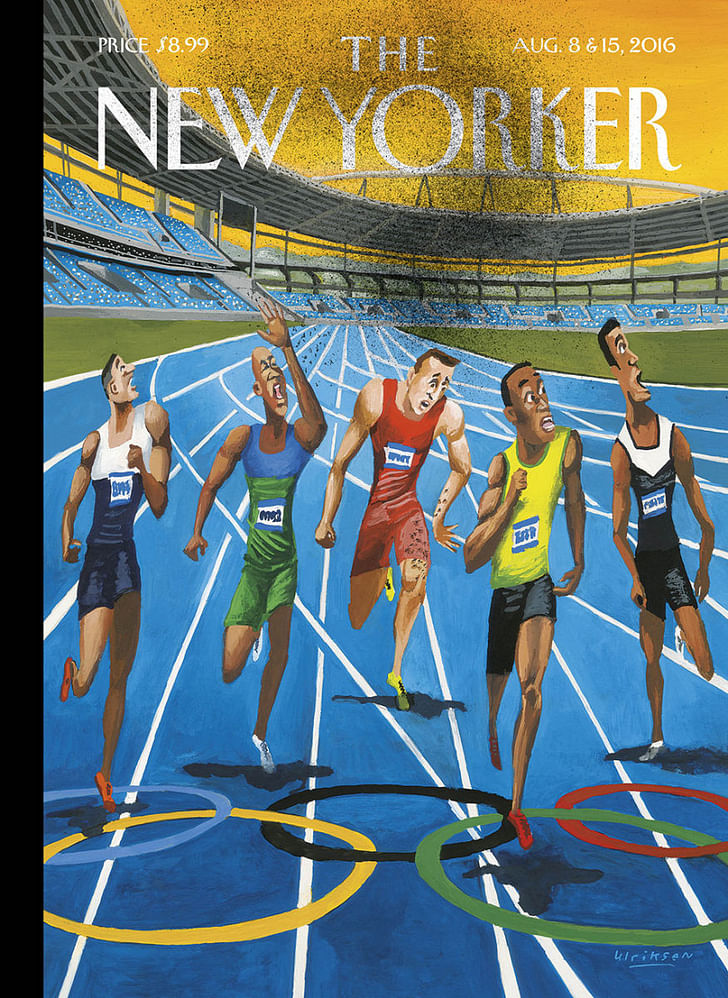
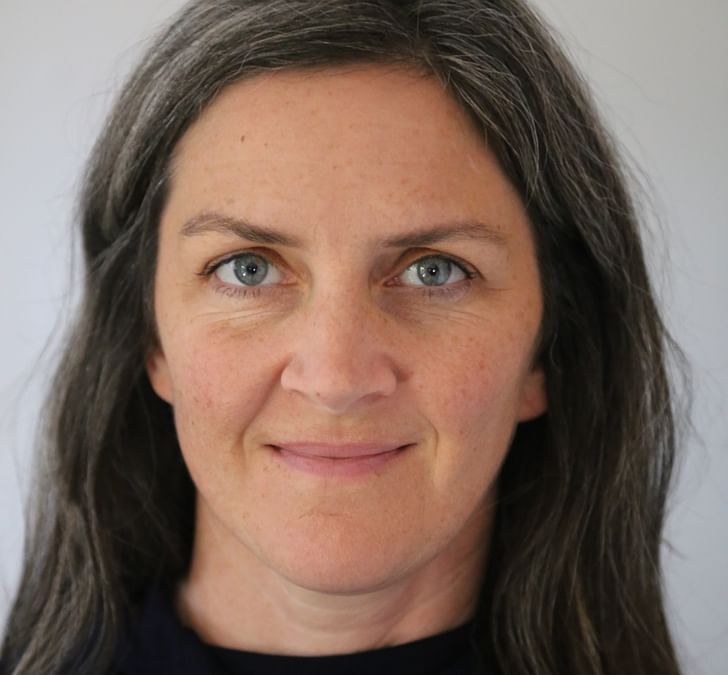
Les Damnés de la Terre (The Wretched of the Earth)
by Frantz Fanon
"This is from a reading list cribbed from Charles Gaines. The preface by Jean-Paul Sartre makes it clear that at the time of publishing in 1961, Fanon was not addressing the white bourgeoisie. He is writing for those oppressed by colonization, nationalism, and imperialism. Those of us who have benefitted from the imbalance of power are permitted to look over his shoulder as he unpacks the psychological and social effects (that continue to cripple our world today). A prescriptive for the oppressed to use in order to face off against those in power."
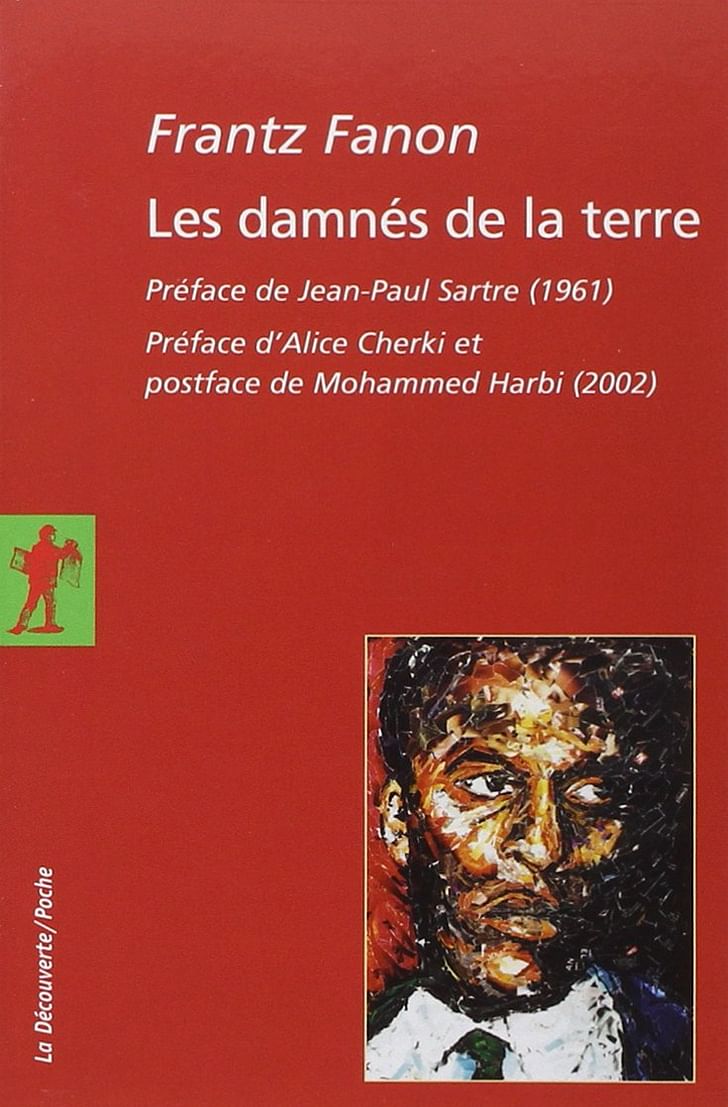
Noces / L'été (Nuptials / Summer)
by Albert Camus
"I get the urge to read this every summer for the sheer sensual pleasure of it. Sited in arid coastal landscapes of northern Algeria, Camus takes the reader along in his indulgences as well as deeper rumination on the rise and fall of cultures and our lack of imagination regarding death. This time through, the fact that Camus himself is the product of colonization adds a dimension—he is not a tourist here, this is a place he calls home—and yet, despite his impoverished upbringing, being of French and Spanish descent, he is a beneficiary of an unequal equation. He was heavily criticized during the Algerian War for his humanist stance that urged both sides to find a peaceful way to live together."
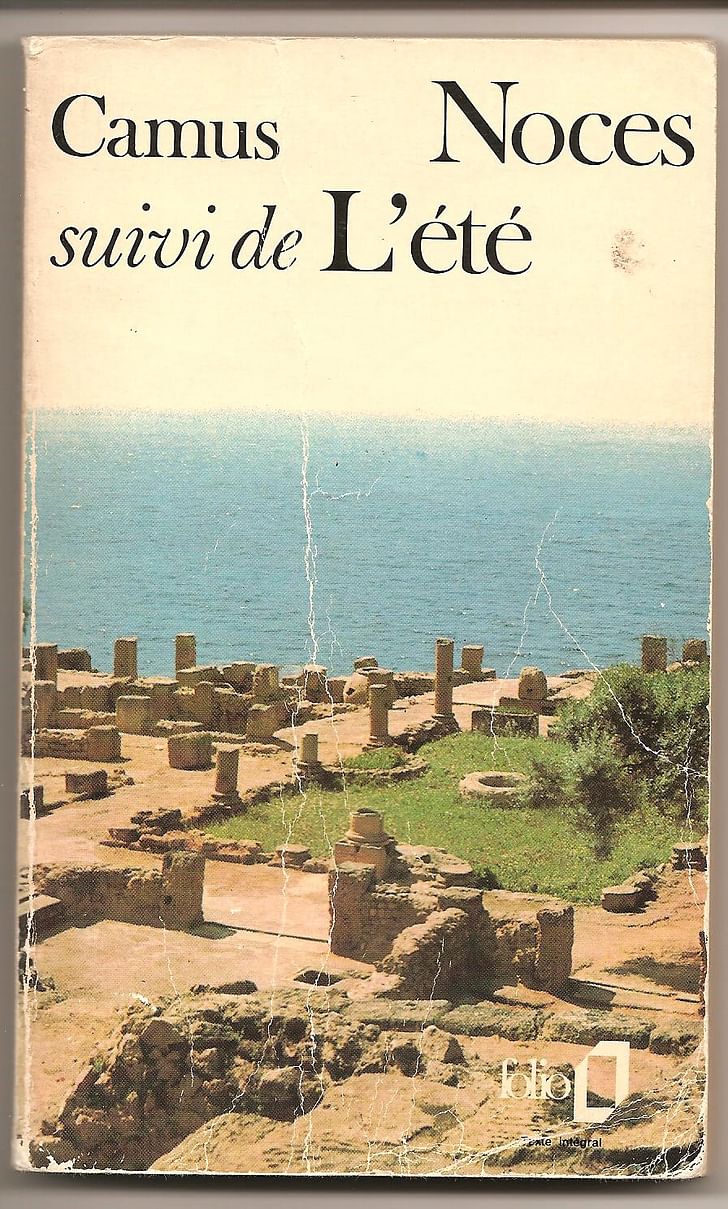
"Journey to The Great New Wonderful"
by TiRon & Ayomari
"I can relate to these LA-based guys building a living room in their front yard in order to blur private and public, as well as to start an open conversation about building the world we want to see."
Click here to listen to the full album.
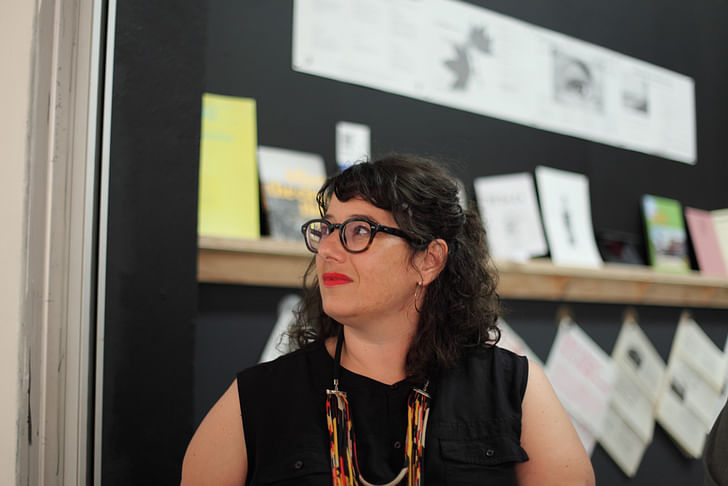
Innocents and Others
by Dana Spiotta
"Spiotta is often compared to authors like Don DeLillo for her use of pop-vocabulary and slippery contemporary narratives. Set in the semi-present, the eighties, and the seventies, the past in Innocent and Others is a recent past, with recent past technology and politics folded in on each other. Props include anarchist bookstores, film, and telephones that can be “phreaked” with the perfect whistle. Amongst this temporal flotsam is a story of friendship and rivalry between two female filmmakers—avatars of high and low art and other recent past distinctions."
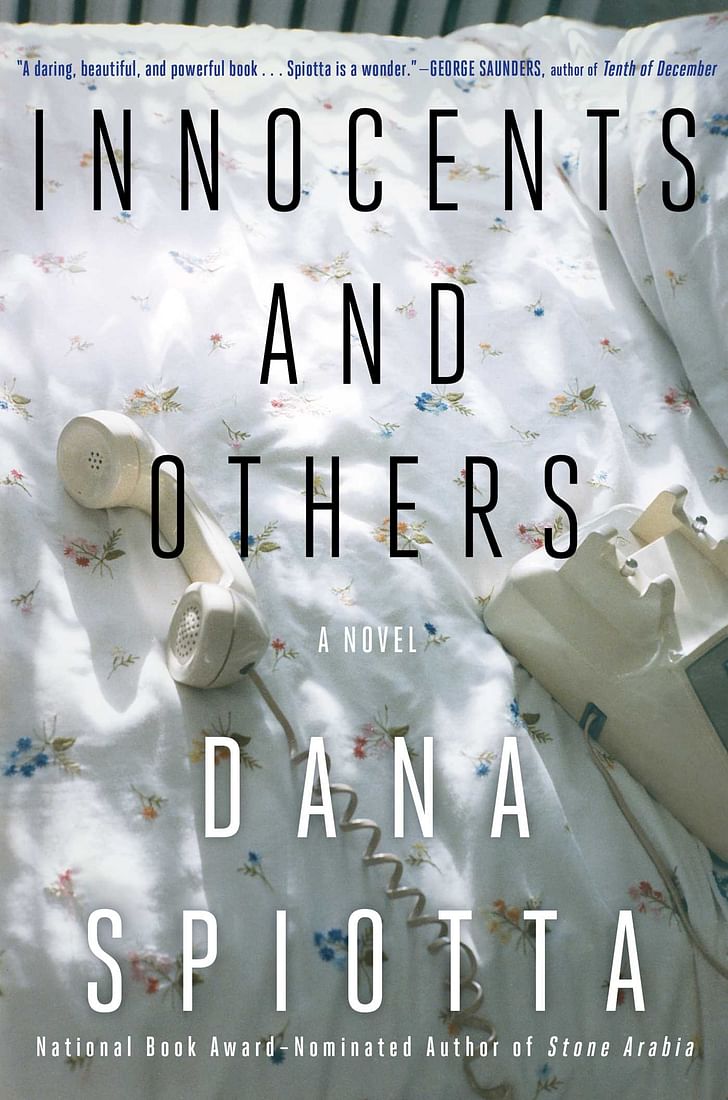
My Struggle
by Karl Ove Knausgaard
"Back in December a conversation with Aaron Betsky and Tim Durfee about the everyday (some of which is in our Post-Geographic podcast) changed my mind about Knausgaard. I had been put off by what seemed like a heroic guy novel. I mean, c’mon, it’s six volumes about smoking cigarettes and pushing baby carriages through Stockholm. But the slowness of the unfolding memoir and the unrelenting need to describe everything, no matter how boring, ends up being strangely exhilarating. But much of the now and the now and the now of every page has seeped into my own writing, reminding me to be more reflexive in my critique."
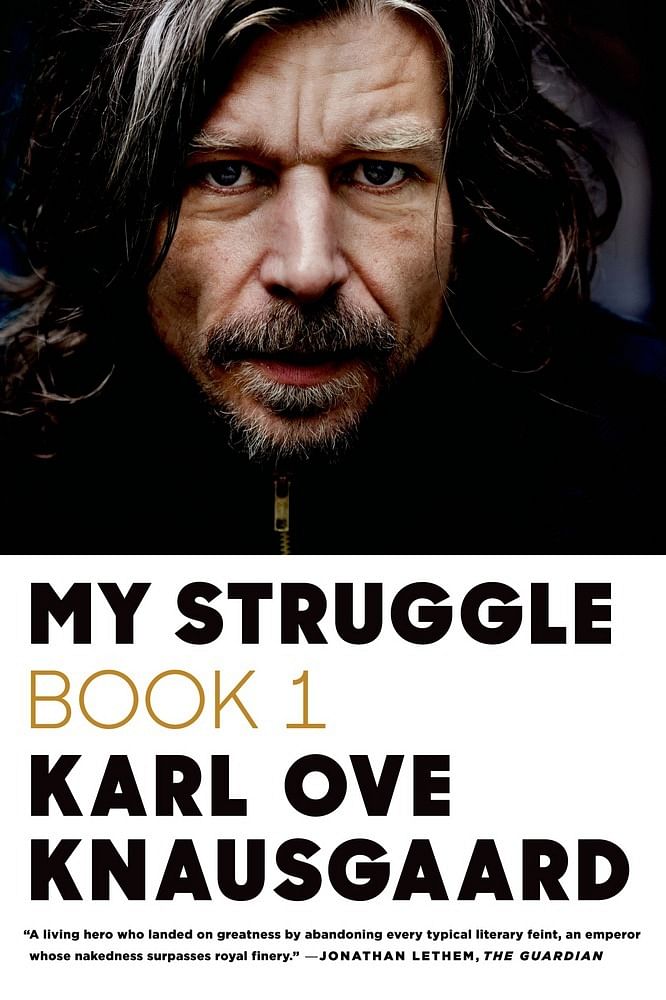
Skyscraper
by Faith Baldwin
"Total summer indulgence: I’ve been picking my way through The Feminist Press’ Femmes Fatales. The series reissues pulp and noir novels from the early 20th century written by women. I tore through Laura and Now, Voyager, and am ready to start Skyscraper. The blurb on the cover reminds us that it was first published in 1931, the same year as the opening of the Empire State Building and more than four decades before J.G. Ballard’s High Rise."
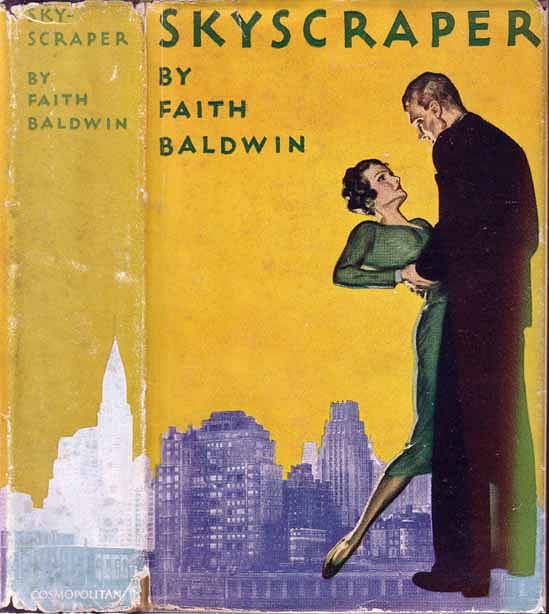
Writer and fake architect, among other feints. Principal at Adjustments Agency. Co-founder of Encyclopedia Inc. Get in touch: nicholas@archinect.com
No Comments
Block this user
Are you sure you want to block this user and hide all related comments throughout the site?
Archinect
This is your first comment on Archinect. Your comment will be visible once approved.